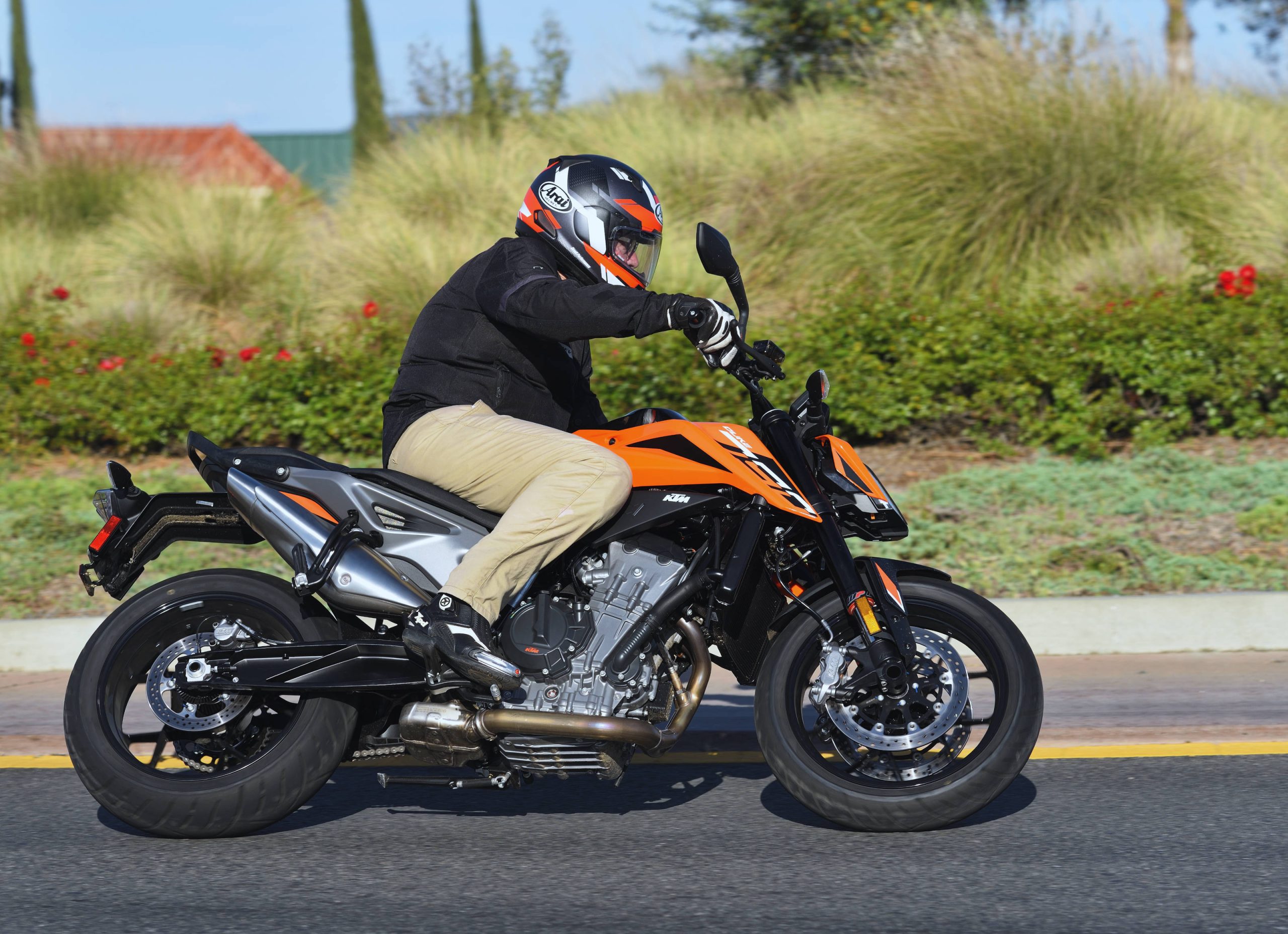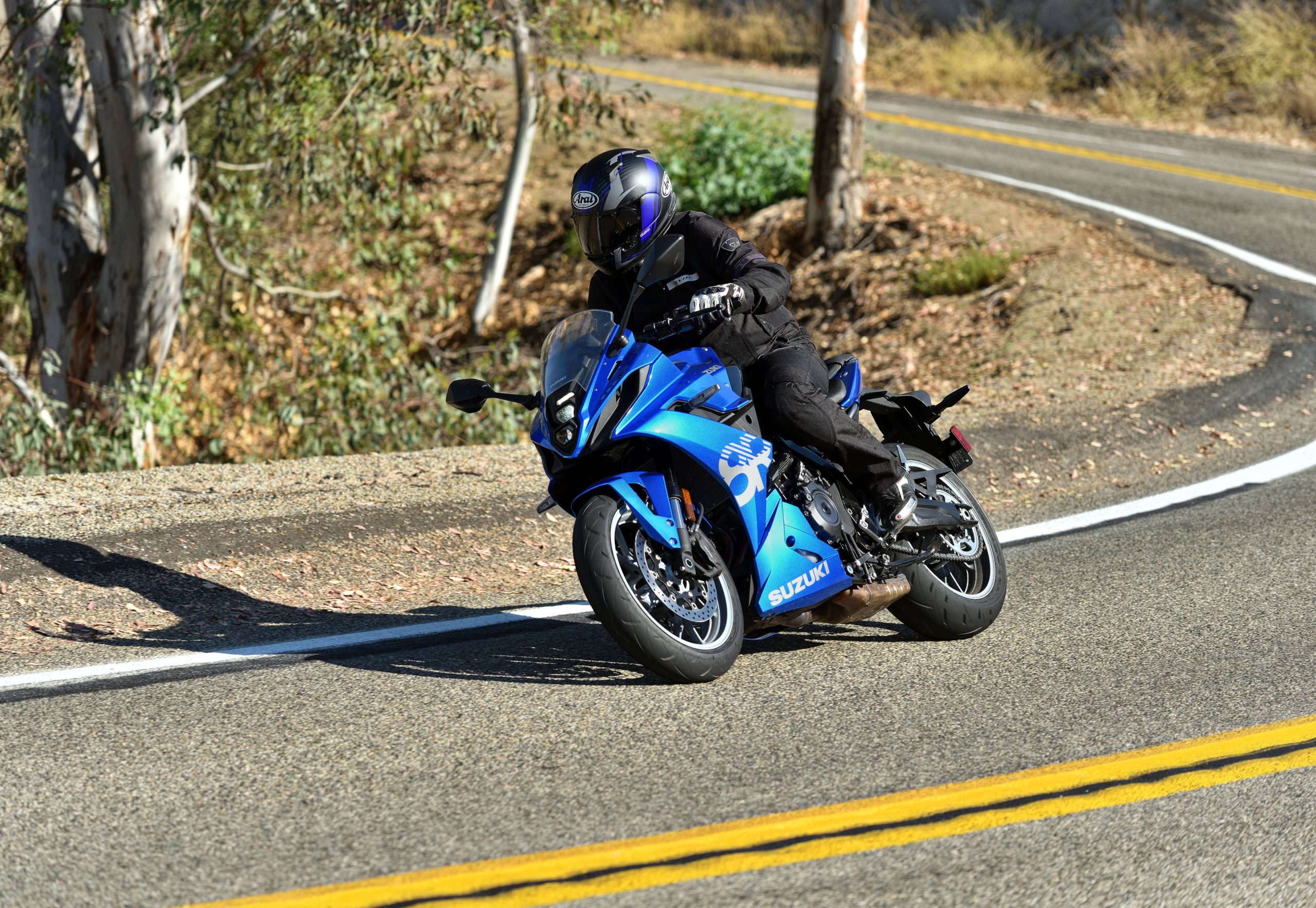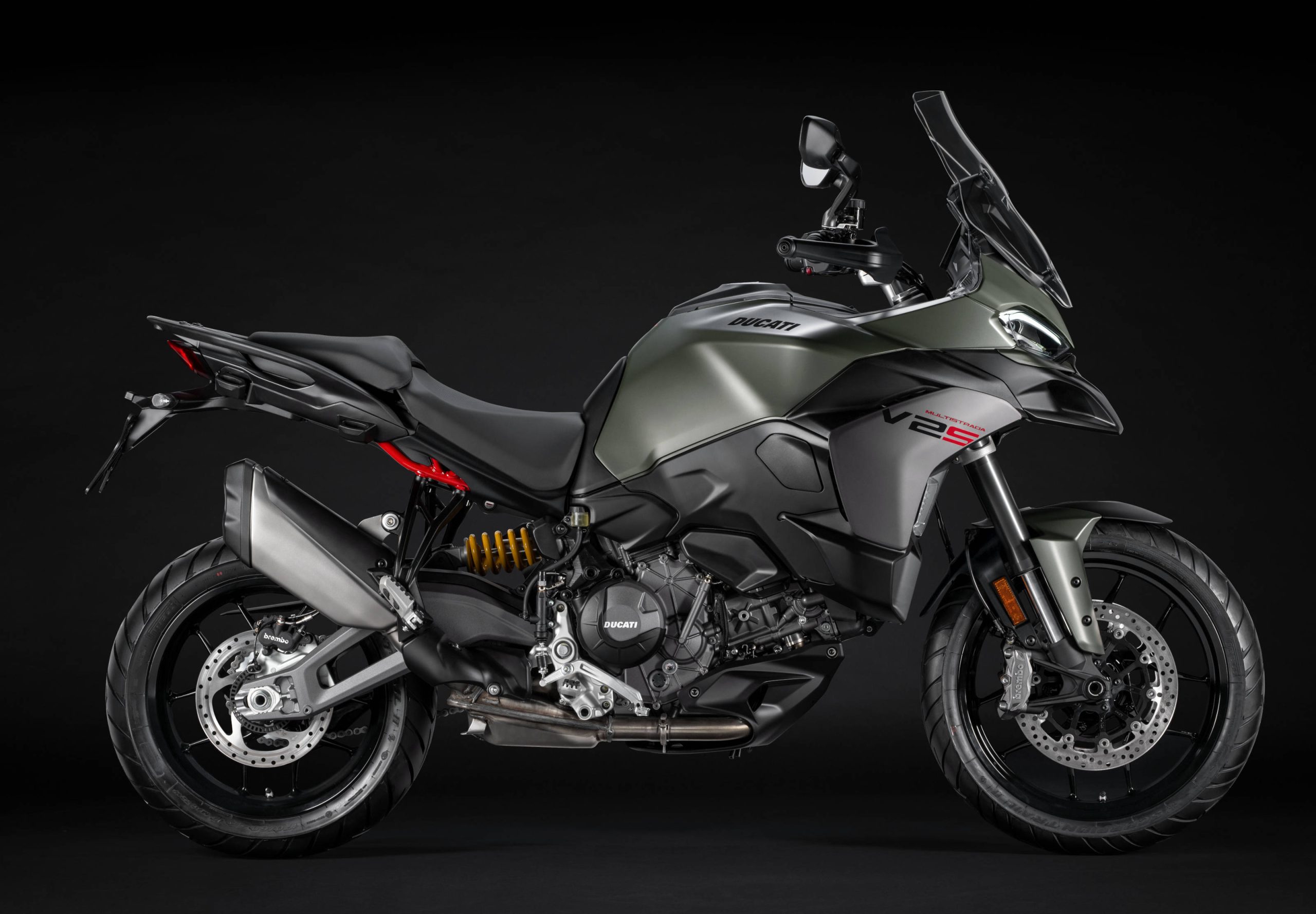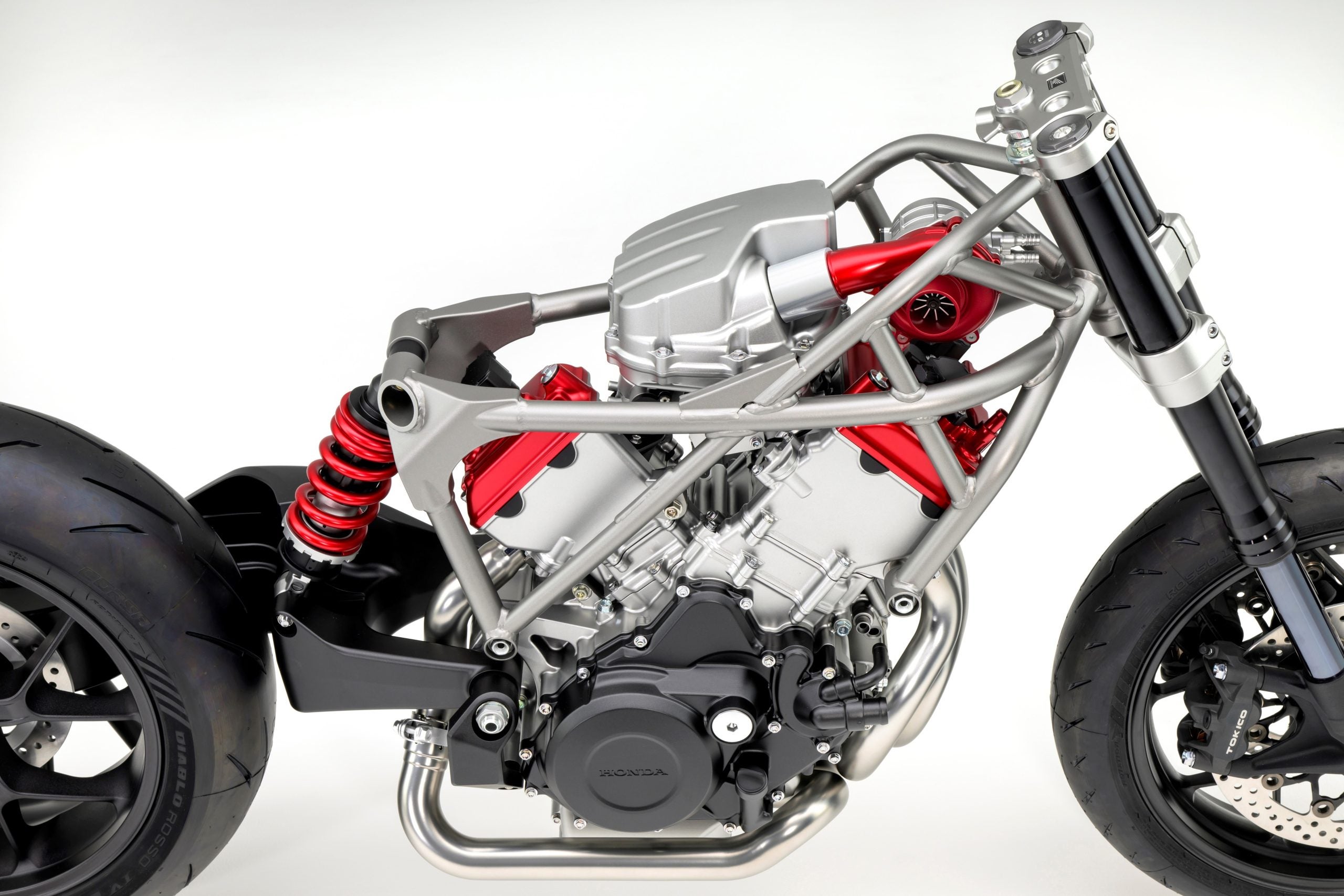If it wasn’t obvious from reading Honda’s letter to its dealers posted yesterday on MD, the statement provided below by the Specialty Vehicle Institute of America and the Motorcycle Industry Council makes it crystal clear that the well-intentioned Consumer Product Safety Commission Improvement Act will have a devastating, unintended impact on motorcycle dealers here in the United States as of February 10 unless Congress and/or the Consumer Product Safety Commission (“CPSC”) clearly exempt motorcycles and ATVs from the new rules. Take a look at the following press release/statement provided by the Speciality Vehicle Institute of America and the Motorcycle Industry Council, and then please take the time to contact the CPSC. Below is a link to a page where you can send an electronic message to the CPSC, as well as the address, phone and fax numbers for the CPSC:
Street and Mailing Address
U.S. Consumer Product Safety Commission
4330 East West Highway
Bethesda, MD 20814
Headquarters
General Information: (301) 504-7923 M-F 8:00 am – 4:30 pm ET
Fax: (301) 504-0124 and (301) 504-0025
E-mail: Please use our Contact Form
SVIA and MIC Press Consumer Product Safety Commission and Legislators
for Reasonable Interpretation of New Law Regulating Lead in Youth ProductsIRVINE, Calif., Jan. 26, 2009 – The Specialty Vehicle Institute of America
and the Motorcycle Industry Council, whose member companies manufacture or
distribute youth model all-terrain vehicles and off-highway motorcycles,
respectively, as well as parts and accessories for ATVs and motorcycles,
today urgently requested the Consumer Product Safety Commission and federal
legislators to take a common sense approach to implementation of the
Consumer Product Safety Improvement Act’s lead provisions. SVIA and MIC
also announced their intention to join several of their member companies in
filing petitions with the CPSC for emergency relief from the provisions,
which go into effect on February 10, 2009. They are seeking a temporary
final rule to exempt ATV and motorcycle parts in order to avoid major
disruptions to enthusiasts, to the member companies’ businesses, and to the
companies’ dealer network of thousands of small, independent businesses
which employ tens of thousands of Americans.“SVIA and MIC applaud Congress for taking an important step in protecting
children from those products that truly present a lead risk,” said Paul
Vitrano, executive vice president and general counsel, SVIA. “However,
there should be common-sense procedures for exclusions of parts, such as
brakes, engines and suspensions, that do not present risk to children in
the real world.”The petitions for exclusion will request exemptions based on existing
European Union studies and analogous exemptions for lead in components of
motorized vehicles and motorcycles. “Some ATV and motorcycle parts
unavoidably contain small quantities of lead,” said Vitrano, who also is
general counsel of MIC. “Lead in these components is necessary, either for
safety, as in the case of facilitating the machining of tire valves,
critical to assuring tire air retention, or for functionality, such as the
lead in battery terminals, which is needed to conduct electricity.”
Vitrano said the new law provides for exclusions for inaccessible
components and authorizes CPSC to grant petitions for exclusions under
certain conditions, but CPSC has not granted any for ATVs and motorcycles.The CPSC recently released several proposals to address exclusions it might
adopt, but the public comment period for these proposals will end after the
February 10 effective date for the new lead provisions. “By delaying
release of these proposals, CPSC will provide no meaningful guidance to
product manufacturers and distributors eager to comply with the law prior
to the February 10 deadline. Congress included an exclusion process in the
CPSIA expressly to allow relief for parts that are unlikely to harm
children, such as those contained in an ATV or motorcycle,” Vitrano said.The delays in clarifying the available exclusions have created an untenable
situation for the associations’ member companies and their thousands of
dealers, many of which are small businesses. On February 10 huge
inventories of products that present no health risk to children could be
rendered retroactively illegal, and future products prohibited from sale.
These products may need to be destroyed which would result in severe
hardship to the member companies of the associations and their dealers at a
time of unprecedented economic disruption.Vitrano said that SVIA and MIC are calling on all ATV and motorcycle
enthusiasts, dealers and other stakeholders to contact the CPSC and their
respective Members of Congress to urge them to enact these temporary
exclusions because, in the absence of government action, there likely will
not be any new youth motorcycles or ATVs available for purchase in their
local dealerships as of February 10.





